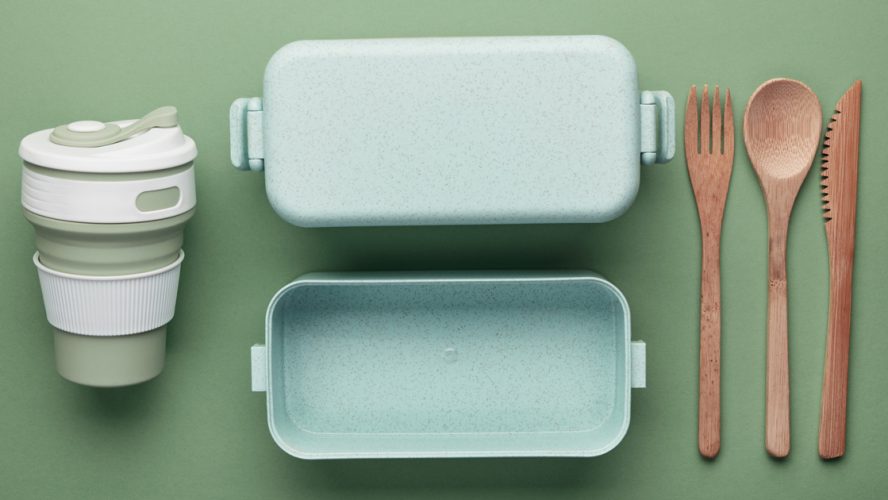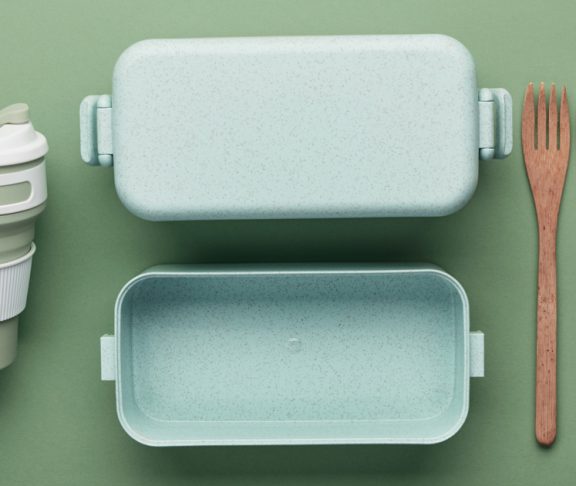
Christian Kaufholz
Manager of Affiliated Programs, World Economic Forum
Recycling alone is not enough to solve the plastic pollution crisis. Investing in reusable solutions will be just as important.
Can the zero-waste movement survive a pandemic? Despite a statement from 125+ scientists last June attesting to the safely of reusable products, things looked shaky. As cases soared, many states and countries suspended bans on single-use plastics. The global plastic packaging market is projected to grow to $1012 billion by 2021 – even though a staggering 86% of packaging is never recycled.
But priorities have begun to reset. The UK endorsed a global treaty on plastic pollution. Germany and Greece have pledged to phase out single-use plastics by summer. In China, one of the world’s biggest plastic polluters, the ban on disposable bags and straws is already in effect.
Convenience and sustainability go hand-in-hand
Takeaway cups and containers are convenient and disposable. They’re a microcosm of a larger culture – a “take-use-dispose” mindset that prioritises generating unsustainable amounts of new materials.
In cities around the world, creative businesses have designed waste out of takeaway culture – while keeping the convenience factor intact. In Singapore and Hong Kong, the social enterprise Muuse creates a citywide network of cafes where consumers can collect and return reusable cups and containers. When COVID-19 prompted an increase in demand for home deliveries, they introduced a food delivery service with reusable boxes.
In cities around the world, creative businesses have designed waste out of takeaway culture – while keeping the convenience factor intact.
Smart packaging, smart results
Want to make a zero-waste purchase for your home? Increasingly, brands and retailers are tapping into technology to sell goods in refillable, reusable packaging that’s easy to use.
At the retail level, stores in Prague, Paris and Switzerland have enlisted the start-up MIWA to install smart shelves with dispensers. They allow in hygienic way to dispense both food and non-food products from MIWA reusable capsules, which are then cleaned and shipped to be filled again by producers and brands. On top of that, consumers can dispense goods into their reusable containers with a diverse range of products like rice, nuts and dried goods – a process that eliminates any need for single-use packaging from the start.
When it comes to home deliveries, the company Algramo has also revolutionised the way people buy household products and food. In both emerging markets like Santiago and megacities like New York, its app allows customers to order the exact amount that they need, delivered straight to their smart, reusable packaging at home.
These are just three examples of innovative businesses that have successfully designed waste out of everyday products. Simple, convenient solutions like these are changing the way people consume every single day – and they make me hopeful that we are one step closer to a world free of plastic pollution.

